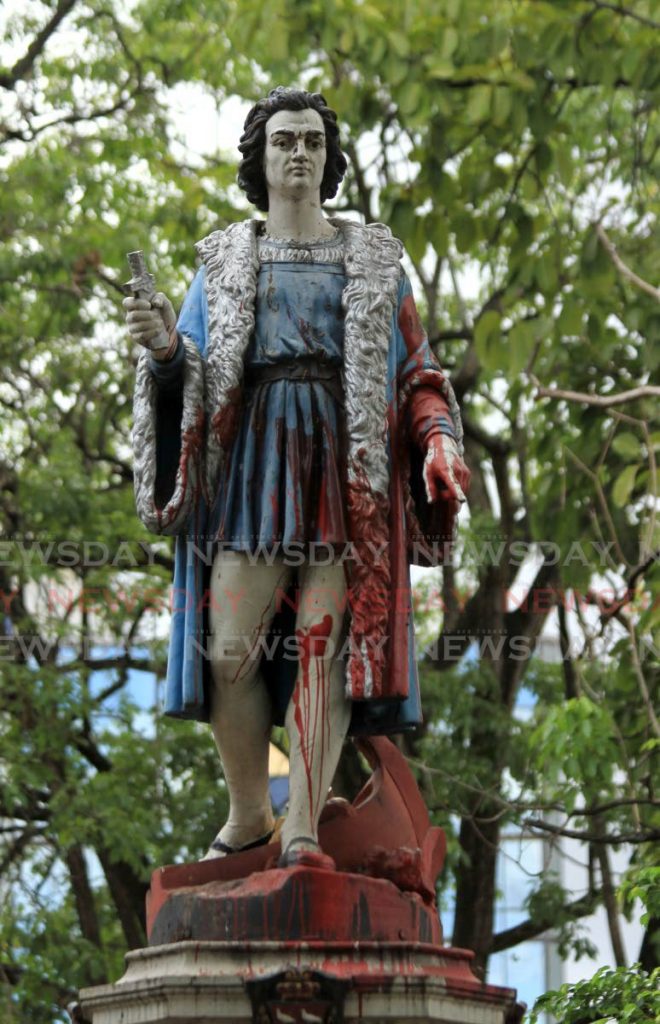
The Emancipation Support Committee of Trinidad and Tobago (ESCTT) has congratulated the Prime Minister for establishing a committee to review the placement of statues, monuments and other historical signage.
However, it says the action is long overdue, and is calling for a more inclusive committee.
In a media release on Tuesday, the committee suggested Dr Claudius Fergus and Prof Brinsley Samaroo, whom it described as historians who have been committed to the decolonisation of the country, should be added.
It also said, “Members of the Warao community, as reported in the daily newspapers, have indicated that the representative of the indigenous people who has been named does not represent their views or the views of indigenous peoples across the hemisphere on this matter. We respectfully submit that the mandate of the committee and the issues of inclusivity and representativeness should be considered and addressed.”
In a media release on August 3, Dr Rowley announced that a five-member team chaired by Emerita Professor Bridget Brereton will review and report on the placement of statues, monuments and other historical signage and recognition throughout the country.
The committee also includes Dr Eastlyn Kate McKenzie, Zaida Rajnauth, Chief Ricardo Bharath-Hernandez and Kobe Sandy.
The release from the OPM said Cabinet recognised the need for issues associated with the historical placement of statues, monuments and signage to be studied and consideration given to determining what steps and decisions should be taken.
The committee will report to the Cabinet by the end of the year.
The ESCTT said it wants an explicit mandate for the committee, as it is tasked with arriving at an outcome based on social justice, the affirmation of universal human values and re-education of the citizenry.
“This should not be seen as just another technical committee. The ESCTT considers the job of the committee to be profound and consistent with its own advocacy and that of the Caribbean Freedom Project. We therefore view with concern the constitution of such a committee without representation from the ESCTT, which has been re-educating people on our history for decades, or a representative of the Caribbean Freedom Project that has ignited the interest of a new generation.”
The ESCTT said there are tangible reminders of the past glorifying major crimes, along with their perpetrators, in street names and other, symbolic monuments that continuously reinforce colonial values and ideas of white supremacy.
It added that the naming of streets and other forms of recognition to some abusers in the country’s colonial past obliterates the recognition of and concerns for the genocide committed against the indigenous peoples, the dehumanisation of Africans enslaved to replace them and the exploitation that characterised Indian indentureship.


